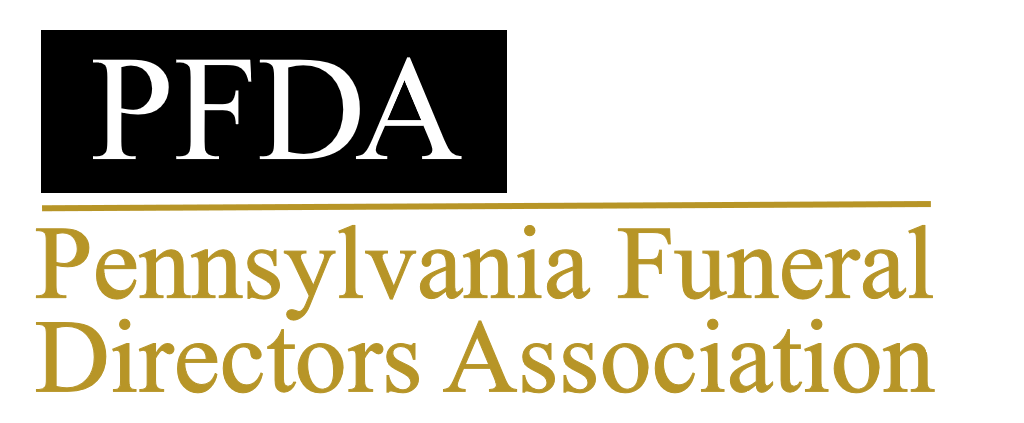Complete Story
11/21/2024
It’s Not Your Their Father’s Embalming School
by: Robert C. Smith III – American Board of Funeral Service Education
A look at the state of funeral service education in 2024. Regardless of when you, or your employer, attended embalming school, mortuary school or completed your funeral service education, it is not the same today as it was even a few years ago.
This presentation will review the number of accredited programs and institutions offering funeral service education in the US and where they are located.
The growth in distance education (often referred to as 'online') will be addressed.
Many will be surprised to learn that 70%+ of the graduates of today's accredited programs are female and the typical student is not coming directly from high school to start their funeral service education.
Changes in the student population and schools providing the education will be reviewed.
Also discussed will be the E's in funeral service; education, examination, experience, accreditation of funeral service education
Bio: Robert C. Smith III, CFSP, CPC, CCO, is the Executive Director of the American Board of Funeral Service Education since 2014. For the past 35 years, Robert (Professor Emeritus) has been the program director for funeral service education at Mercer County Community College in Trenton NJ. He is a member of National Funeral Directors Association (NFDA) and a Past President of University Mortuary Science Education Association (UMSEA). The ABFSE serves as the national academic accreditation agency for college and university programs in Funeral Service and Mortuary Science Education. Although its roots go back to the 1940s, the ABFSE became an autonomous agency in 1962. The accrediting function of ABFSE is recognized by the US Department of Education and the Council on Higher Education Accreditation (CHEA). CHEA describes "Accreditation" as a process of external quality review used by higher education to scrutinize colleges, universities and educational programs for quality assurance and quality improvement. In the United States, accreditation is carried out by private, non-profit organizations designed for this specific purpose. Institutions and educational programs seek accredited status as a means of demonstrating their academic quality to students and the public and to be eligible for federal funds.

